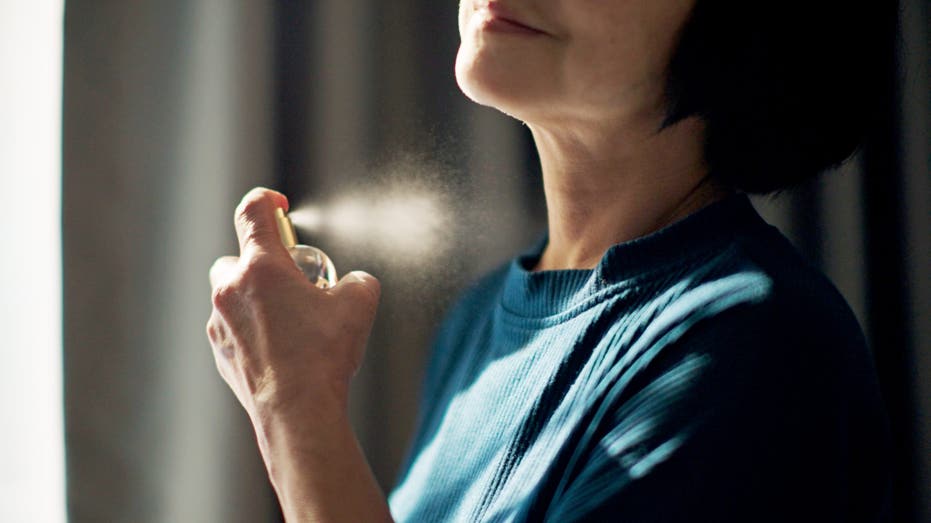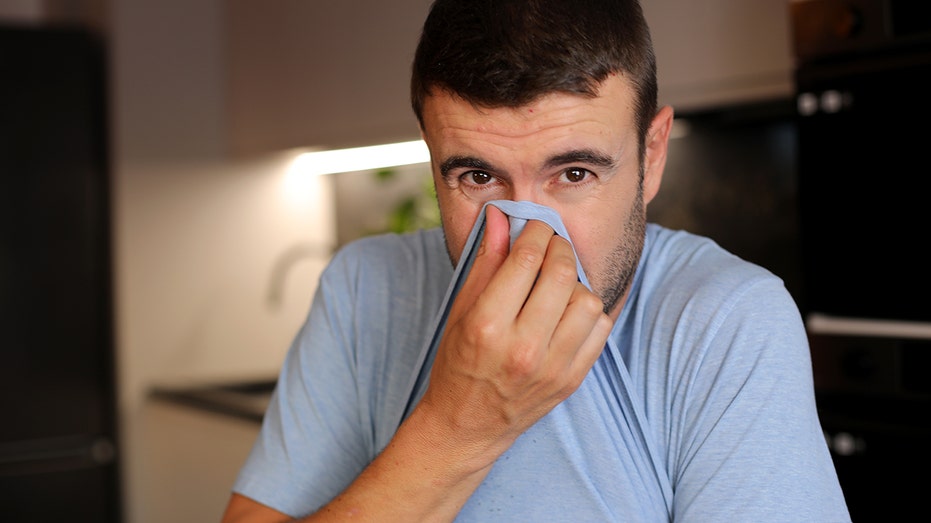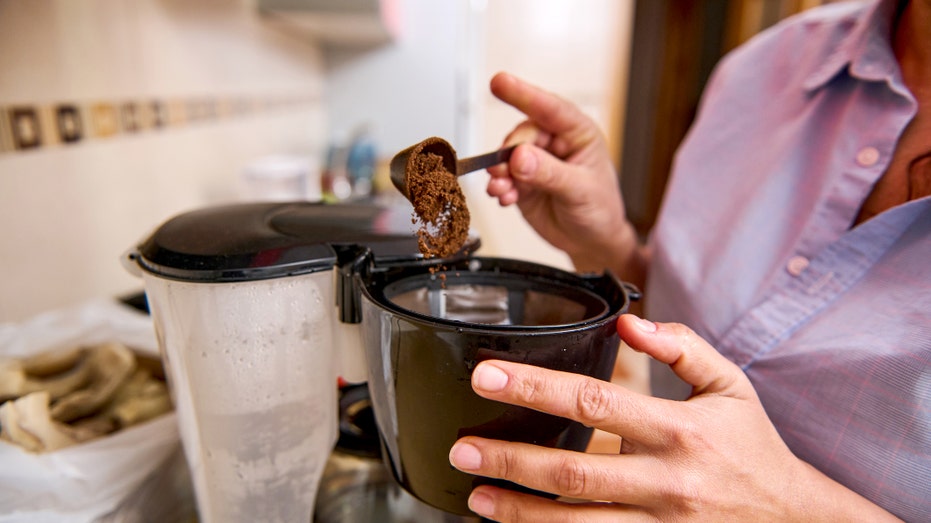Unveiling 'Old People Smell': Science and Solutions for Aging Gracefully

Sarah Johnson
July 14, 2025
Brief
Experts explain the science behind 'old people smell,' a real phenomenon tied to aging skin, and share tips to manage it through diet, hydration, and skincare.
The notion of an "old people smell" isn't just a social media quip—it's a scientific reality, and it’s more complex than a musty library book or a greasy diner counter. As we age, our skin, the body’s largest organ, undergoes changes that can create a distinct scent, often described as dusty or oily. Dr. Dan Wesson, a professor at the University of Florida College of Medicine, explains that this isn’t about poor hygiene but a natural shift in skin chemistry.
Aging Skin and the Science of Scent
The culprit behind this phenomenon is a compound called 2-nonenal, produced when fats in aging skin cells break down through lipid oxidation. This greasy, cardboard-like odor sticks around, resisting regular soap and water due to its fatty nature. Unlike the body odor of youth—caused by sweat and bacteria—this age-related scent demands a broader approach to manage.
Holistic Solutions for a Fresher You
Wesson suggests fighting this odor with lifestyle choices: a diet rich in antioxidant-packed fruits and vegetables, ample hydration, and skincare products loaded with antioxidants. Certain medications, like those for cholesterol or depression, can also tweak the body’s metabolism, amplifying odors. For post-menopausal women, declining estrogen levels may shift skin scent, and hormone replacement therapy could help—though it’s a conversation to have with a doctor.
When Odor Signals Trouble
Not every whiff is harmless. A sudden change in body odor could hint at serious health issues, like cancer or dementia, which alter body chemistry. Wesson advises a doctor’s visit if loved ones notice an abrupt shift. On the flip side, some may imagine odors that aren’t there, a condition called parosmia or olfactory hallucinations, which warrants a check-up to distinguish perception from reality.
By understanding the biology of aging skin and embracing proactive health habits, this scent of time can be managed, keeping you fresh as you journey through the years.
Topics
Editor's Comments
So, 2-nonenal is the scent of time ticking? Sounds like aging skin’s throwing a greasy cardboard party, and nobody RSVP’d for that! Here’s a tip: load up on berries, sip water like it’s fine wine, and maybe skip the cologne cover-up—unless you want to smell like 'vintage mystery' at the family reunion.
Like this article? Share it with your friends!
If you find this article interesting, feel free to share it with your friends!
Thank you for your support! Sharing is the greatest encouragement for us.






